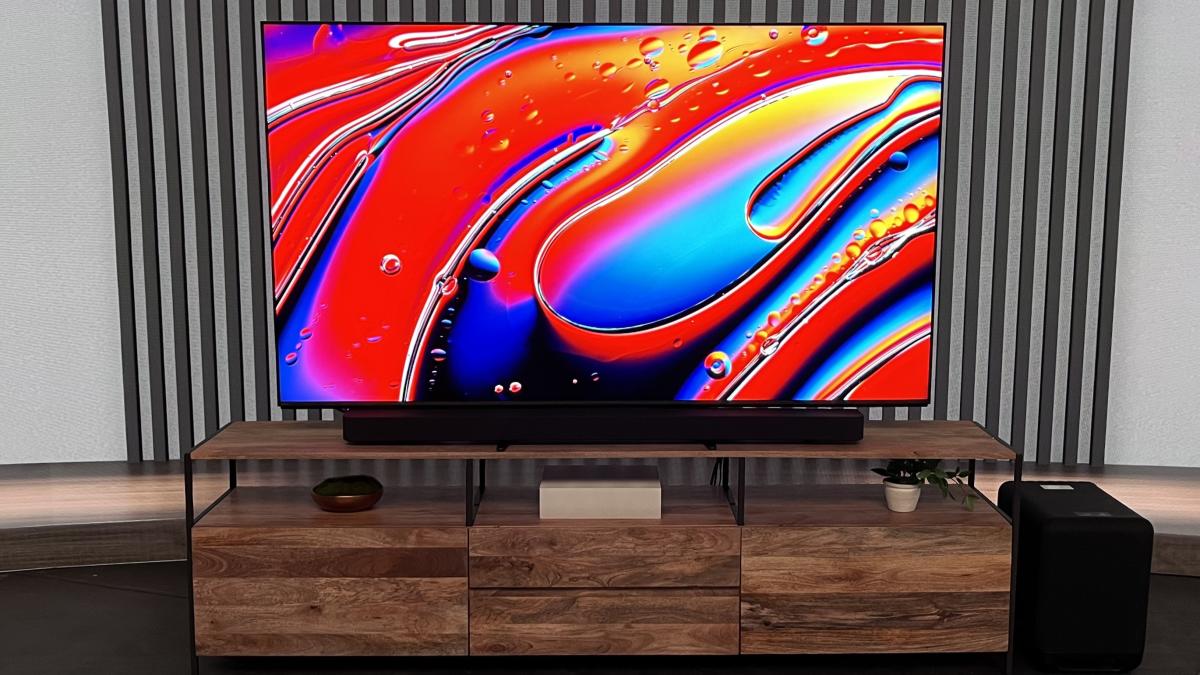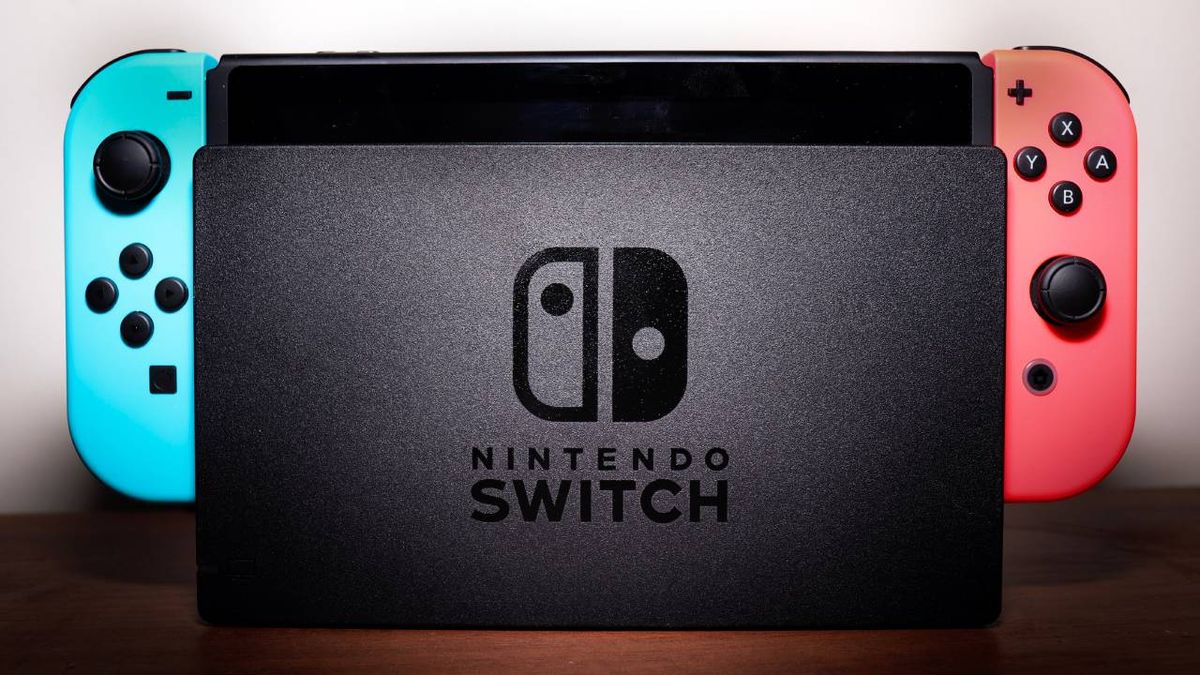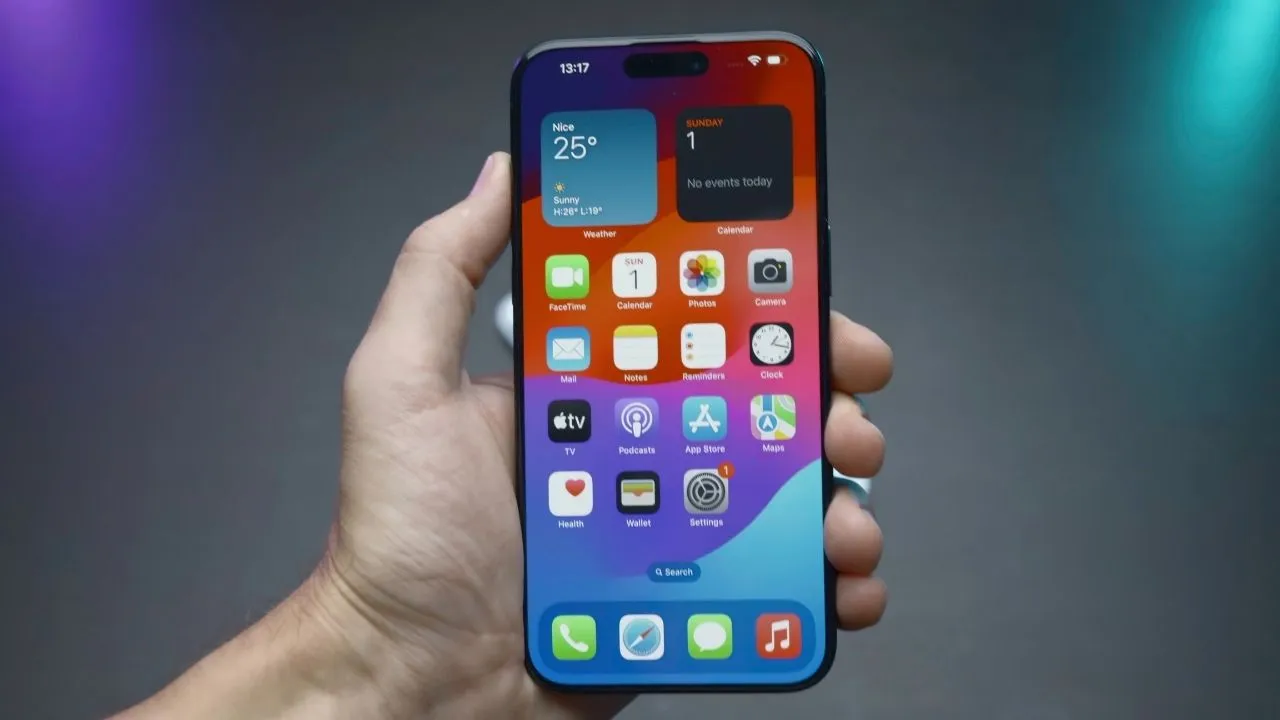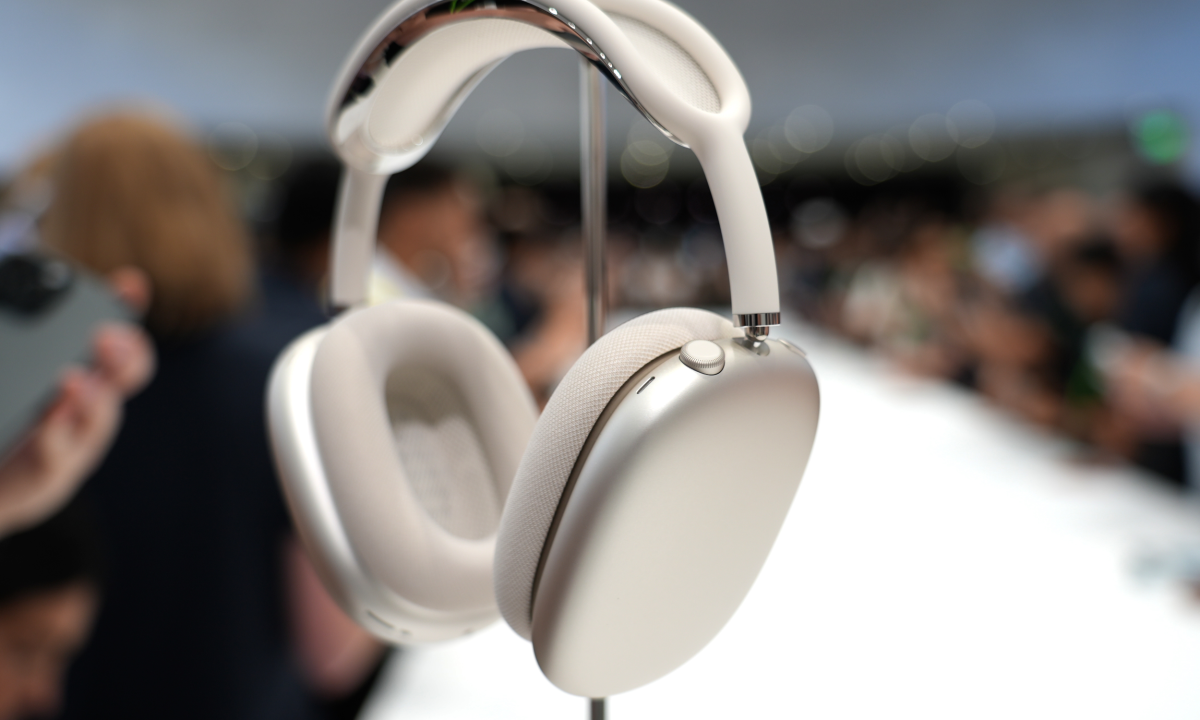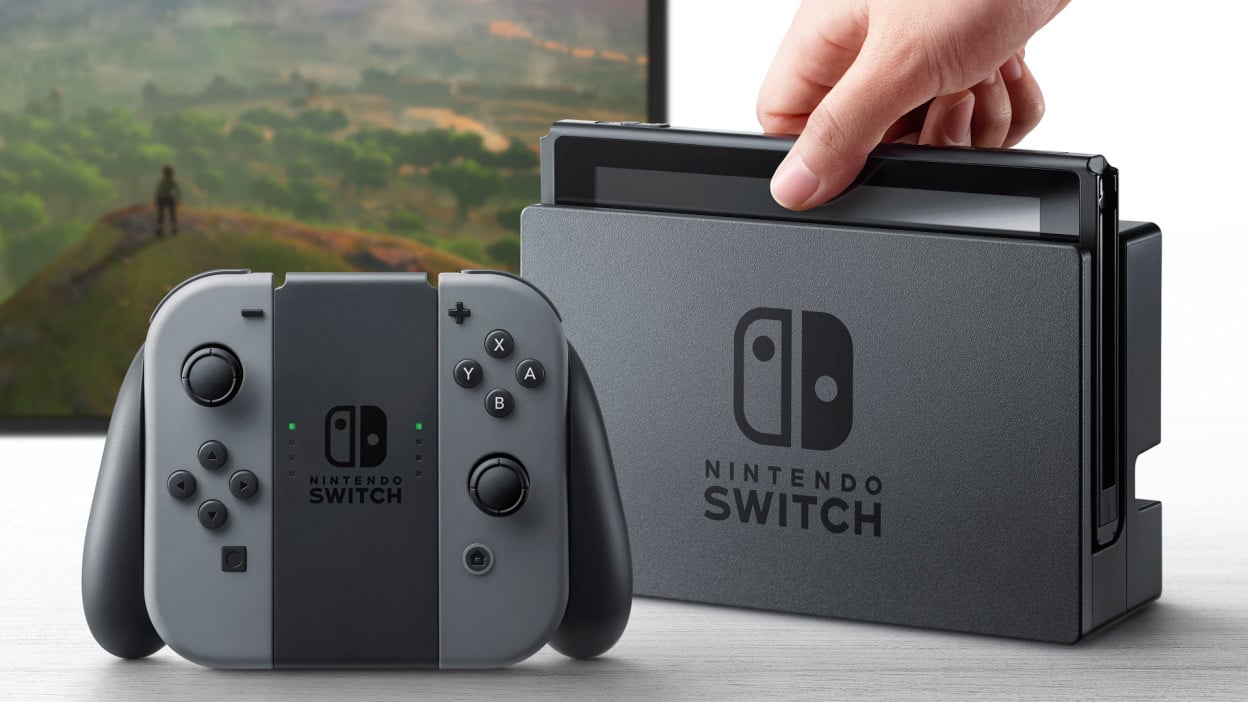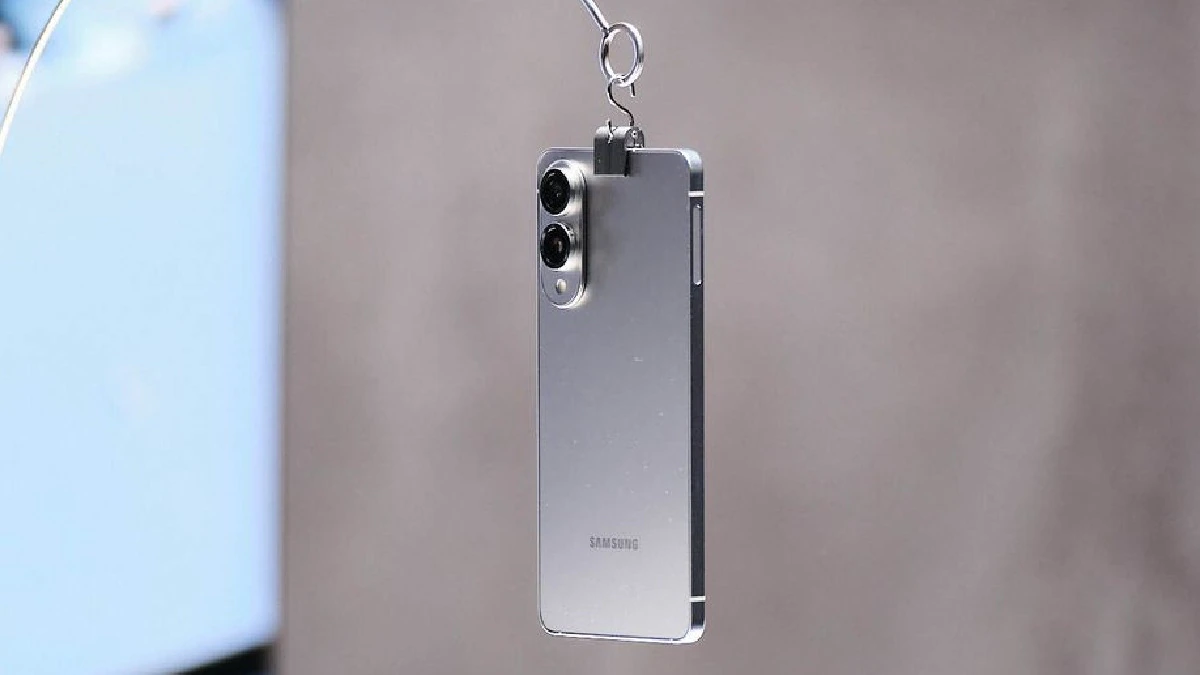Windows 11, despite its visual facelift, hasn’t escaped criticism for its user interface complexities. Buried settings menus, inconsistent app integration, and a reliance on mouse clicks often leave users frustrated. Could artificial intelligence (AI) be the key to unlocking a truly user-friendly Windows experience?
Key Highlights:
- Dell’s “Copilot” concept leverages AI to streamline Windows 11 navigation and settings control.
- Voice and text commands could replace complex menu diving for tasks like adjusting trackpad brightness or finding driver details.
- AI-powered automation might tackle common issues like app crashes or optimize settings for different scenarios.
- Concerns lurk around user privacy and the potential for unwanted automation.
- Microsoft’s official Copilot implementation remains shrouded in secrecy and details.

Dell, a major PC manufacturer, believes so. At a recent event, they showcased a concept called “Copilot,” an AI-powered assistant nestled within Windows 11 that aims to revolutionize user interaction. Imagine asking Copilot, through voice or text, to adjust your trackpad brightness instead of navigating through layers of settings menus. Or querying it for specific system details like graphics driver version, eliminating the need for Googling cryptic information. Copilot’s potential extends beyond mere information retrieval. Dell envisions an AI capable of proactively tweaking settings based on context. Connecting to a public Wi-Fi? Copilot could automatically boost security protocols and activate battery saver. Experiencing frequent app crashes? Copilot might diagnose the issue and attempt simple fixes like closing resource-intensive programs.
The future of AI in Windows 11 remains uncertain. While the potential benefits are undeniable, addressing the challenges and answering the unanswered questions is crucial before declaring AI a usability cure-all. Microsoft’s approach in implementing AI will significantly impact its success and user acceptance. Only time will tell if AI will truly make Windows 11 a more user-friendly and intuitive platform
The allure of streamlined navigation and intelligent automation is undeniable. However, concerns regarding user privacy and control linger. Granting an AI assistant deep access to system settings and user behavior raises eyebrows. The line between helpful automation and unwanted meddling can be easily blurred. Additionally, Microsoft’s official plans for Copilot remain unclear. The Dell showcase was purely conceptual, and Microsoft has yet to officially acknowledge or outline its own AI-powered navigation plans for Windows 11.
While the future of Copilot and Windows 11’s AI integration remains nebulous, the Dell concept sparks intrigue. If implemented thoughtfully, AI could indeed reshape Windows into a more intuitive and user-centric platform. However, addressing privacy concerns and ensuring user control over automation will be crucial in determining whether AI becomes a usability champion or a privacy Trojan horse.



